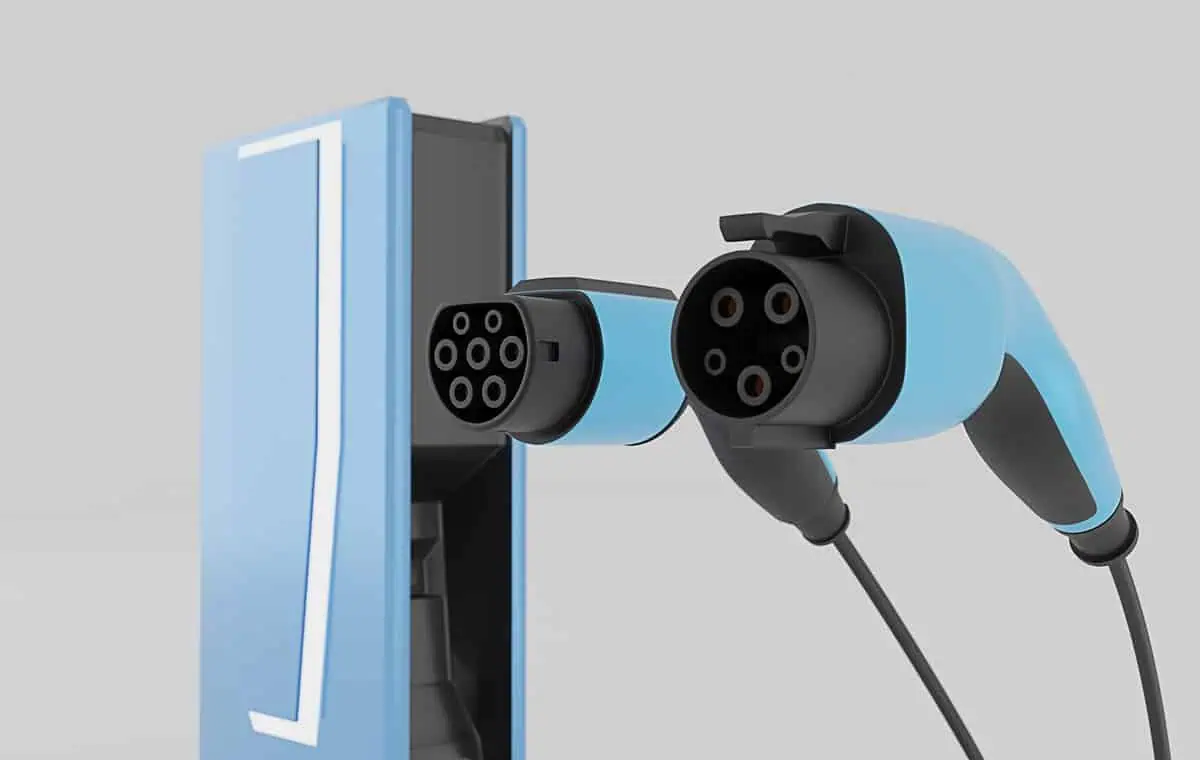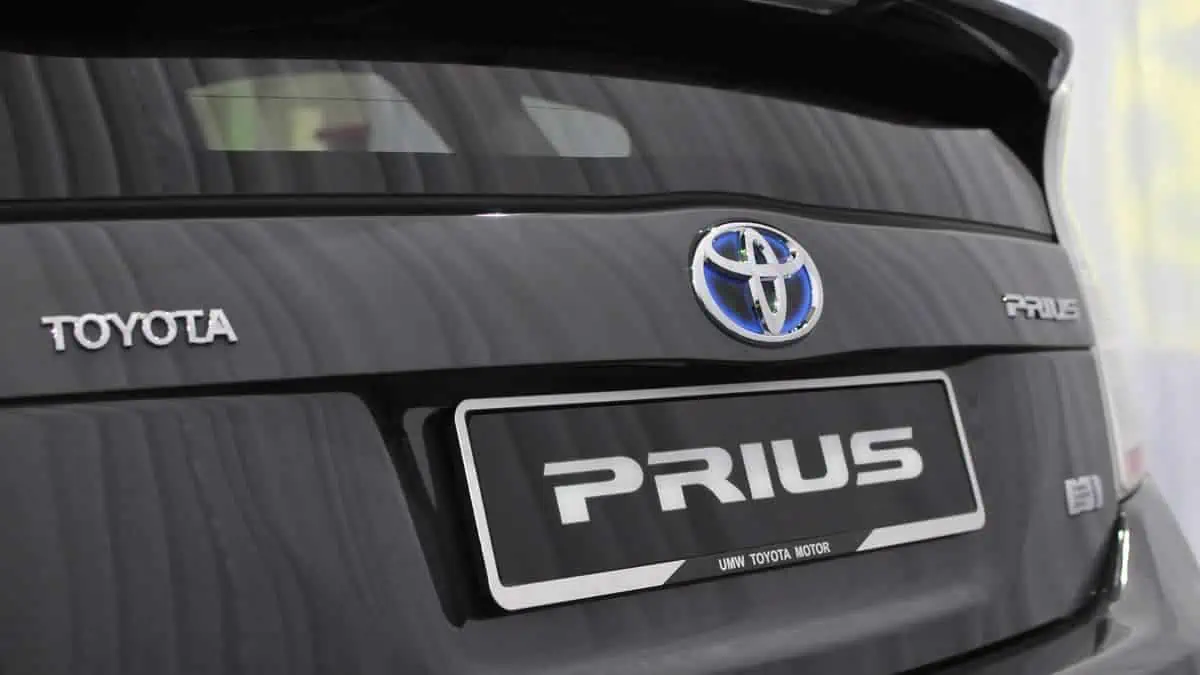The Biden-Harris Administration announced plans Thursday to allocate more than $620 million in grants to support the continuous expansion of electric vehicle charging infrastructures in the United States.
Funding
According to the press release, the Department of Transportation (DOT) will provide a whopping $623 in grants to establish a reliable charging network nationwide.
These new government grants are part of the Bipartisan Infrastructure Law’s $2.5 billion Charging and Fueling Infrastructure (CFI) Discretionary Grant Program. For context, it is a major funding program that will support 47 charging and alternative-fueling infrastructure projects across 22 US states and Puerto Rico.
Apart from the CFI program, the White House also introduced the $5 billion National Electric Vehicle Infrastructure (NEVI) formula program to establish the “backbone” of high-speed chargers throughout the US highways.
Significance
The US government’s financial aid for electric vehicle charging infrastructure-related projects will expand the nationwide charging network, potentially addressing range anxiety among drivers.
The White House also expects the funding to generate job prospects for Americans, which can contribute significantly to the country’s economic growth.
In addition, it is crucial for the government’s target of deploying at least 500,000 American-made public chargers by 2030.
“America led the arrival of the automotive era, and now we have a chance to lead the world in the EV revolution—securing jobs, savings, and benefits for Americans in the process. This funding will help ensure that EV chargers are accessible, reliable, and convenient for American drivers, while creating jobs in charger manufacturing, installation, and maintenance for American workers.”
US Transportation Secretary Pete Buttigieg
Benefactors
The DOT announced yesterday that 36 “community projects” will benefit from an astounding $311 million in grants, including two Indian Tribes in Alaska and Arizona.
On the other hand, 11 “corridor” benefactors will access the remaining $312 million of the program to develop a charging and alternative-fueling network along roadways assigned as Alternative Fuel Corridors.
Secretary of Transportation Pete Buttigieg reportedly told the media that the government will concentrate the new grants on charging station development projects in rural and more densely populated urban regions, according to CNN Politics.
The Energy Secretary also emphasized the program’s primary objective to establish a reliable and accessible charging network in the country to support the shift to electric vehicles.
“Every community across the nation deserves access to convenient and reliable clean transportation. The Biden-Harris Administration is bringing an accessible, made-in-America charging network into thousands of communities while cutting the carbon pollution that is driving the climate crisis.”
US Secretary of Energy Jennifer M. Granholm
The government’s support and its partnership with private companies are indeed crucial for the successful expansion of the nationwide charging network, considering that more EVs are increasingly emerging in the country. In 2023, the US sold approximately 1.4 million EVs, which accounted for a notable 9% of the overall passenger vehicle sales. On the other hand, White House national climate adviser Ali Zaidi revealed that there were only around 170,000 chargers in the country in the same period.






